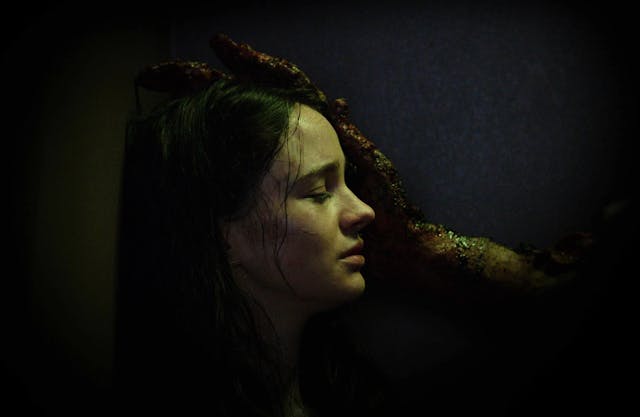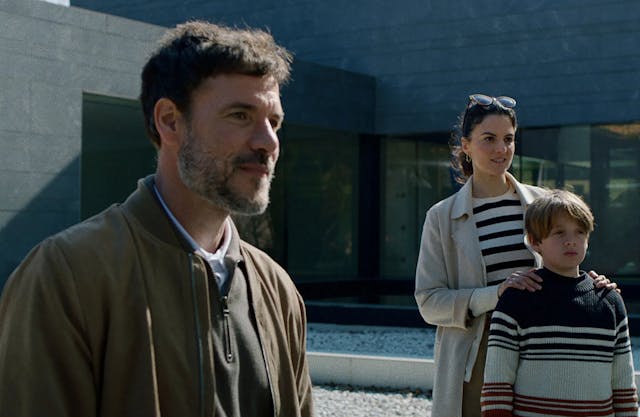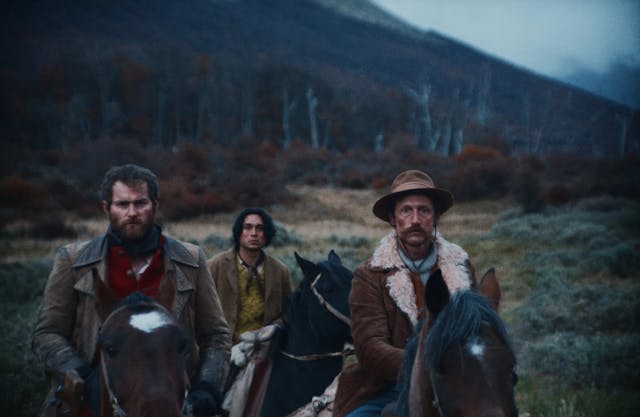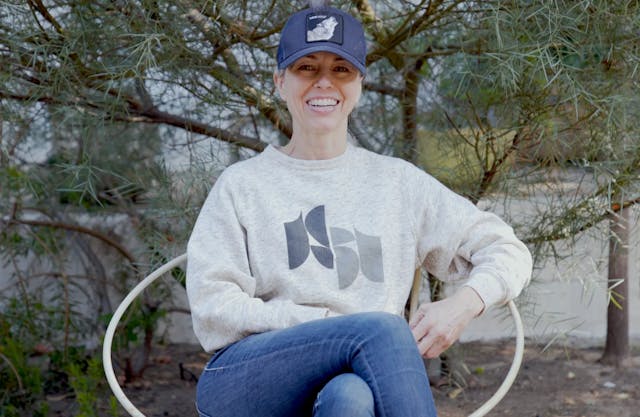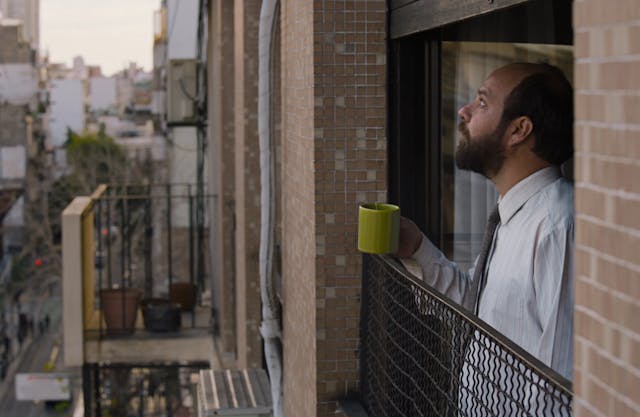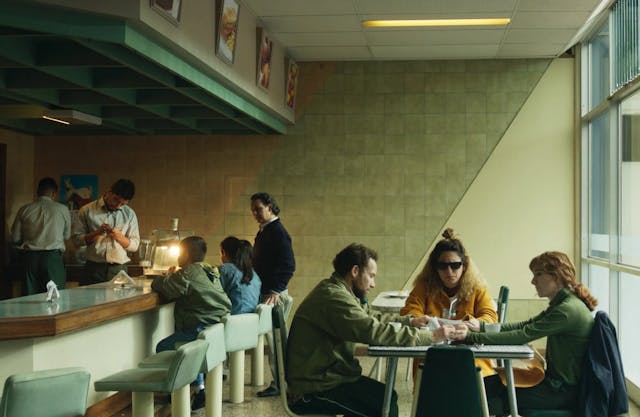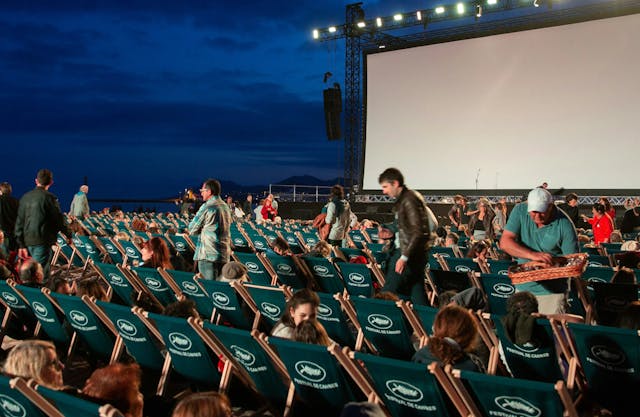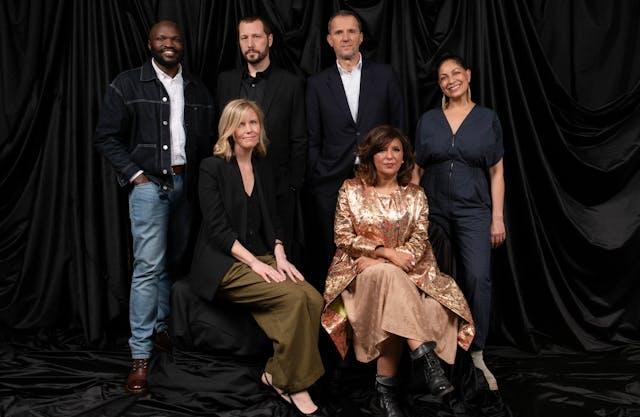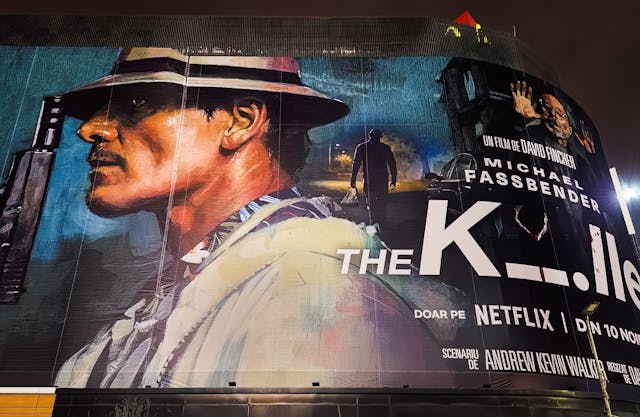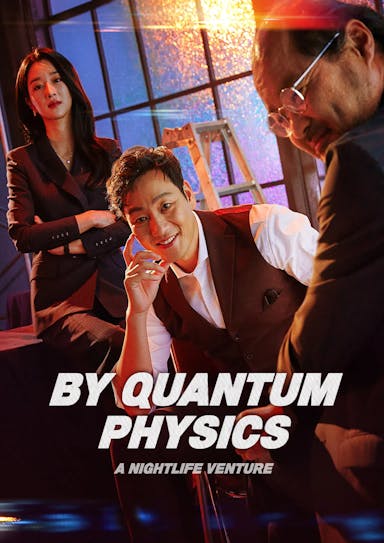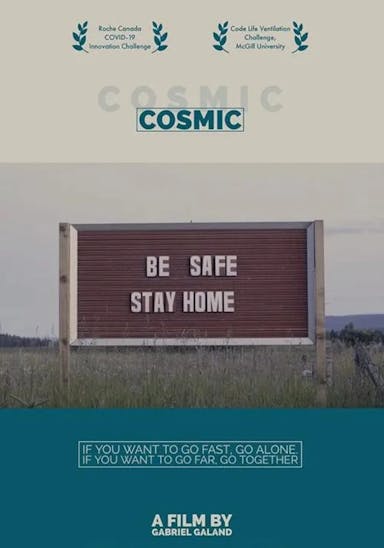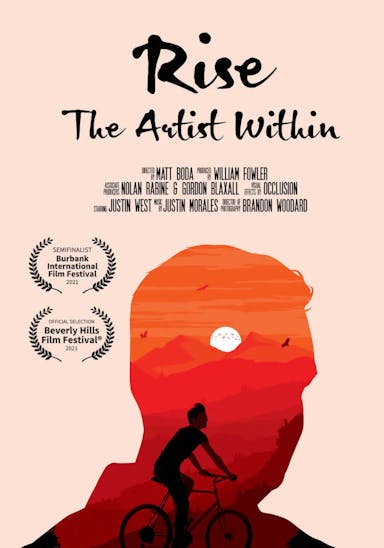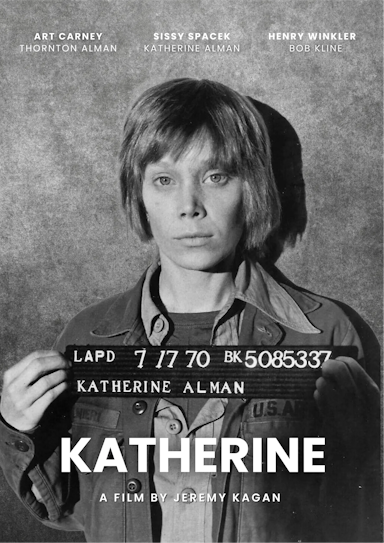Oscars 2024: Surprise Foreign Film Nominee "Io Capitano" Brigs Humanity to Debate around Migration
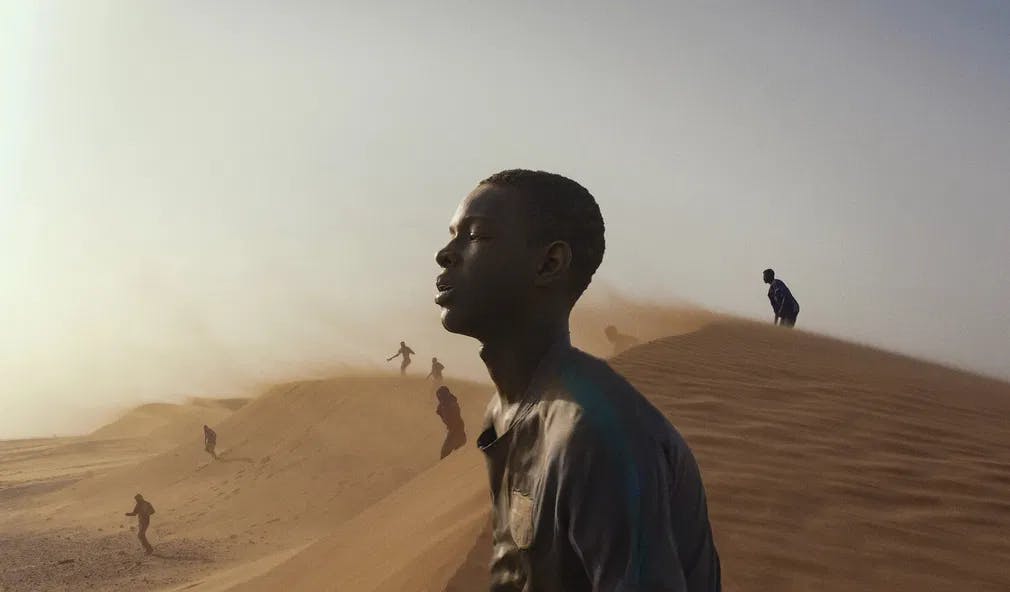
Saharan purgatory: Seydou Sarr faces an odyssey in Matteo Garrone's Oscar-nominated "Io Capitano" / Photo courtesy of Cohen Media Group.
Matteo Garrone's "Io Capitano" is a radical exercise in empathy. Just as Italy, under Giorgia Meloni's right-wing government, takes a turn to crack down on migration, the director of modern mob classic "Gomorrah" (2008) assumes mythical undertones to document the odyssey of two Senegalese teens in a nightmarish trek that feels ripped from the headlines.
The movie entered award season through the backdoor. When Luca Guadagnino's "Challengers" dropped out of the Venice Film Festival's opening night slot due to the Hollywood strike, Garrone's movie got its premiere upgraded. The gamble paid off in the form of eight awards, including the Silver Lion for Best Director. How "Poor Things" (Yorgos Lanthimos, 2023) managed to take the Golden Lion away from it is a mystery to be pondered.
Seydou (Seydou Starr) and Moussa (Moustapha Fall) are cousins and best friends, living close to each other in what looks like the poorest side of Dakar. When we catch up with them, they have been secretly working on a construction site for months, saving their wages to cover the expenses of migrating to Italy. They are piercingly young. When Seydou's mother (Ndeye Khady Sy) berates him for threatening to leave, she reminds him he is barely 16 years old. Why does he want to go? He articulates the usual reasons: he wants to make money, help his family, and be somebody. Many others have done it. Why not him? Mom is too aware of the many more who die along the way. Is the risk worth taking?
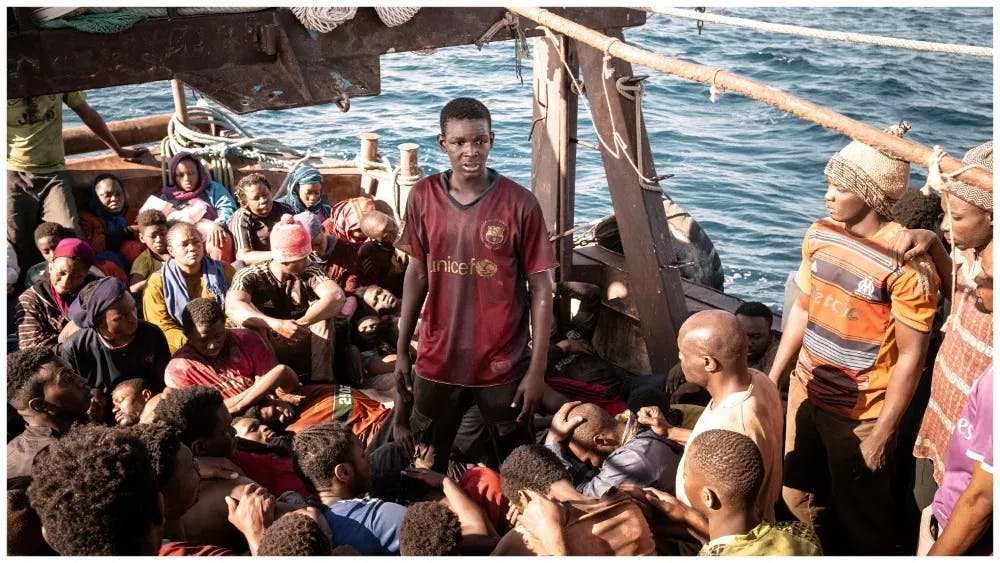
Human surge: Seydou Sarr takes a full boat of people on his shoulders in "Io Capitano" / Photo courtesy of Cohen Media Group.
Garrone can't help looking at Senegal with a foreigner's eyes. Our introduction to the world the boys want to leave behind happens on the day a popular festival takes place. The neighborhood buzzes with activity. Pretty girls try their best outfits, and Seydou's mom prepares to dance. They live in poverty, but there's an idyllic atmosphere among the squalor. At the party, the kids drum on buckets like professionals. The gesture gives ballast to their vague dreams of making it as musicians in Italy. Basic knowledge of the migration issue lets us know that despite their optimism, they are about to enter a world of pain. Despite Mother's dire warnings, they leave, content with the blessing of a witch doctor and a roll of battered bills.
Seydou and Mussa's trip begins inauspiciously. The bus ride that covers the first leg of the journey looks as safe as a school excursion until they reach the first station in a brutal chain of exploitation: a provider of counterfeit passports stationed conveniently near the border between Mali and Niger. He views customers as bags of money - he refers to the people parading in front of his camera as "the next 100 dollars." - Seydou thinks it's too steep a fee, but Mussa knows the score. "We have no choice," he says.
From that moment on, they have no choice at all. Searching for transport to Libya, they fall for the pitch of a man who shows them the shiny picture of a modern SUV. Once on the road, we see them on the crowded bed of a pickup truck. It's not the best vehicle to cross the Sahara desert, but remember, they have no choice. A man falls off the truck bed, and the driver does not attempt to rescue him. "I told you to hold on tight." Nobody says anything, but everybody knows that is a death sentence.
Things get worse for everybody when they are left in the middle of the desert, walking behind a virtually mute guide. Men and women carrying babies and children cross the desert on foot for two days and two nights. Cinematographer Paolo Carnera can't hide the beauty of the environment, but we are never unaware of how deadly it can be. Along the way, a woman falls, exhausted. The soles of her naked feet are full of blisters. Dehydrated, she hallucinates. Seydou can't help but try to assist her. He is the only one that does it. Soon, Mussa calls on him to keep going on. They can't do anything for her. And he is right.
A recent story by Ed Caesar, published in The New Yorker on November 6, 2023, works as a primer on the hellish experience awaiting the two innocents. Organized crime control logistics to move people towards their destiny, with complete disregard for their safety. Worse yet, the scheme includes illegal detentions, kidnapping, torture, and demands of ransom to desperately poor relatives back home. There is no direct relationship between the script of "Io Capitano" and the article, but they portray the same reality. Garrone has the advantage of working on cinema and exerts all the power of the audiovisual language in a classical key. Check out how Garrone connects scenes with old-fashioned fades, like trying to soften the blows to come.
There are a couple of flights of fancy, but the trauma the characters experience deactivates any whimsy. He dreams of pulling the abandoned woman to safety in the desert as she floats over the scalding sand. After suffering a savage beating while kidnapped in jail, Seydou wills the presence of a spirit who takes him back home to comfort his mother. In these dire circumstances, slavery plays as a respite. At one point, Seydou and Martin (Issaka Wadogo), a fellow prisoner, are sold to a building contractor. He makes them erect a wall around the vacation home of a rich man in exchange for food and shelter. Once their proficiency is proved, they are told to build a fancy fountain. If the man likes it, they will be freed and provided with a passage to Libya, where they can take a boat to Italy. Maybe.
Camera and editing are at the service of the actors. The young newcomers give the kind of striking performance only an untrained person can provide - which is hard to replicate, perhaps because the characters are too close to the real person. It's not by accident that Seydou Sarr won the Best Young Actor Award at the Venice Film Festival. The movie's last shot is probably the best closing shot since Tony Gilroy lets us watch George Clooney decompress in real time to finish "Michael Clayton" (2007) on a high note. But instead of letting us go relieved, we have nothing more than apprehension about the future. A sequel might be in order.
If you feel surprised because the movie made it into the Best Foreign Film Oscar nominees, it's because you have not seen it yet. "Io Capitano" should take place next to the great movies about migration. It's every bit as good as the classic "El Norte" (Gregory Nava, 1983). "The Immigrant" (James Gray, 2013), or the recent "Flee" (Jonas Poher Rasmussen, 2021). Movie buff, take note.
Want to get an email when we publish new content?
Subscribe today